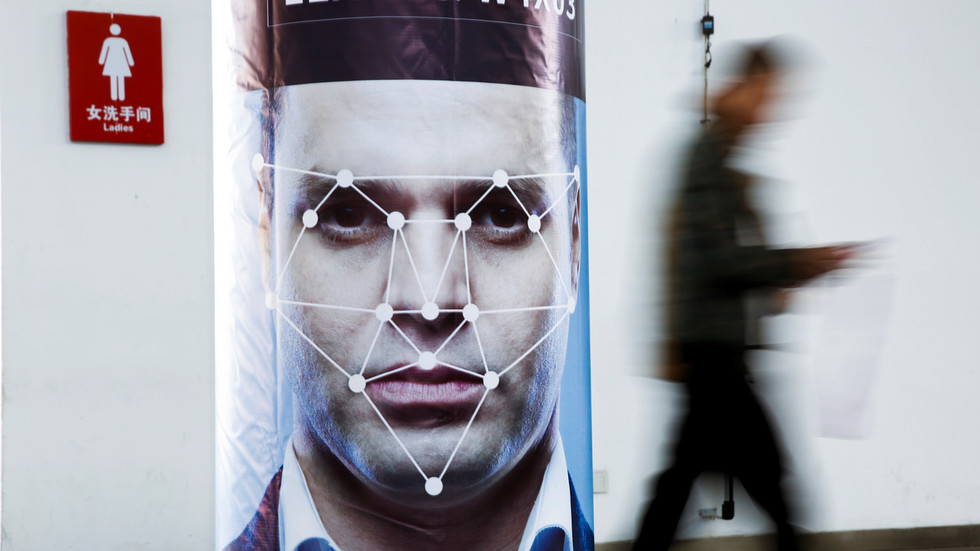
Microsoft’s chief shot down calls to stop selling facial recognition tech to governments, saying it would be “cruel” to deprive state agencies of the ability to monitor the public’s every move – despite his own misgivings.
More than 85 human rights groups wrote to Microsoft, Amazon and Google in January urging them to stop selling facial recognition software to government agencies over fears of state surveillance and the potential threat to activists, immigrants and others.
However, Microsoft President Brad Smith told Business Insider – apparently without any irony – that such a move would itself be “cruel in its humanitarian effect.”
“I do not understand an argument that companies should avoid all licensing to any government agency for any purpose whatsoever,” he said at the World Economic Forum in Davos last week.
“A sweeping ban on all government use clearly goes too far,” the software giant’s president added.
While Smith went on to cite the example of facial recognition being used in research to diagnose the rare DiGeorge syndrome, he also referred to it being used to find missing children in India. Unfortunately for Smith, this latter claim is actually contradicted by the Delhi High Court, which last week slammed the system because it had “not borne any results” or “helped in cracking any missing children case.”
Privacy advocates and civil liberties groups fear facial recognition software will be used to monitor or track people, and are concerned that it can erroneously identify someone as a suspect, not to mention that it has been shown to exhibit racial biases.
Activists urging tech companies not to sell software to governments point out that the “break then fix” method typically favored by tech giants simply doesn’t work.

